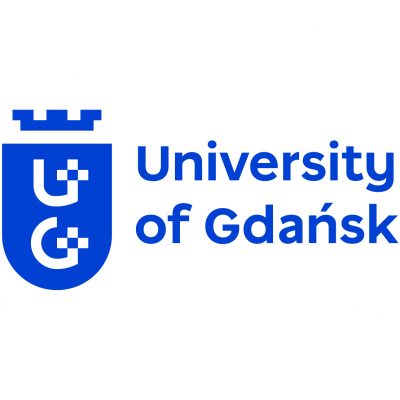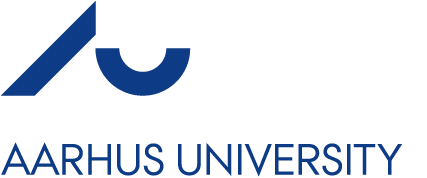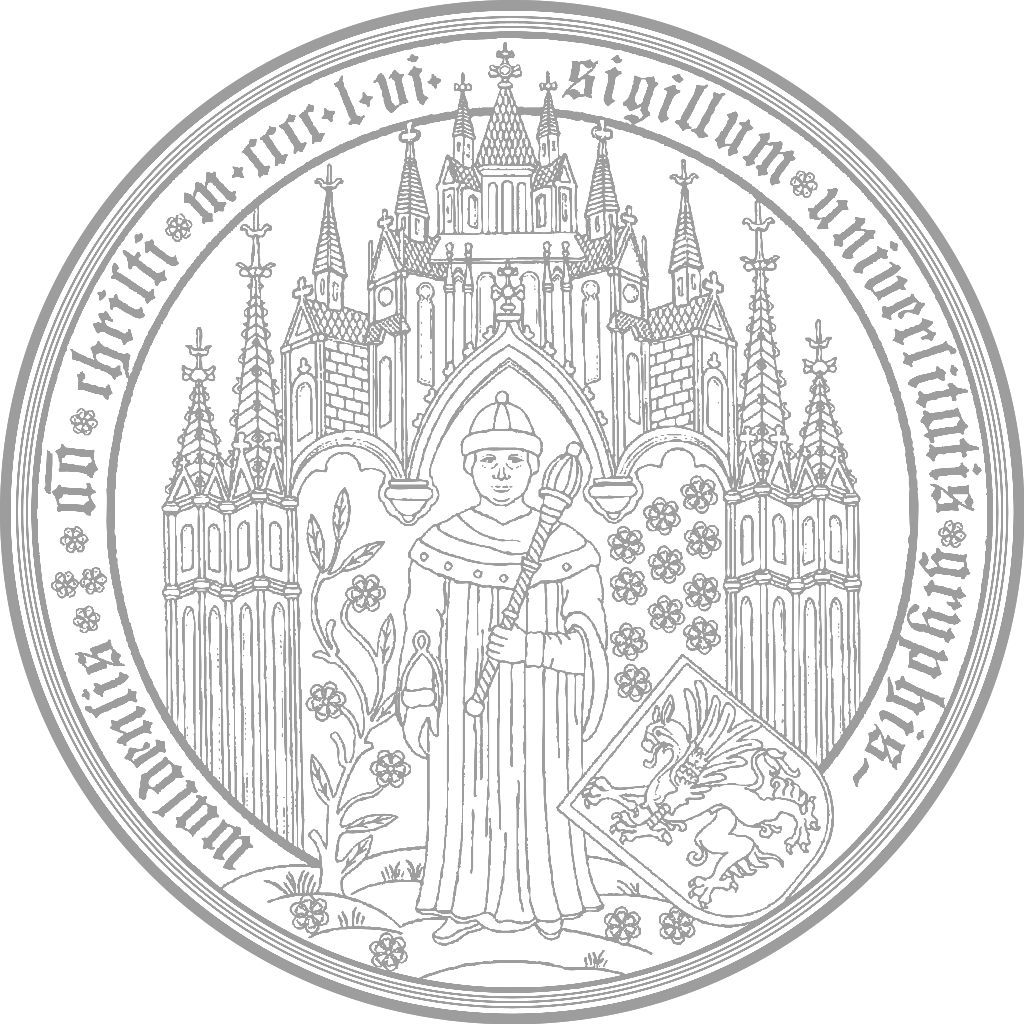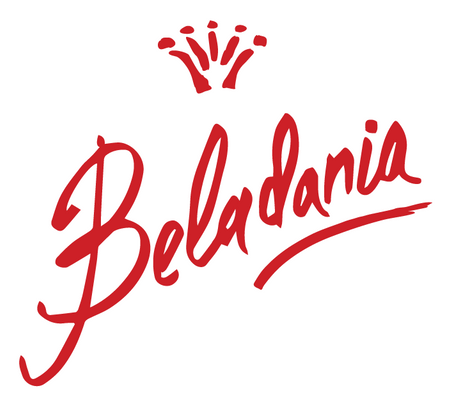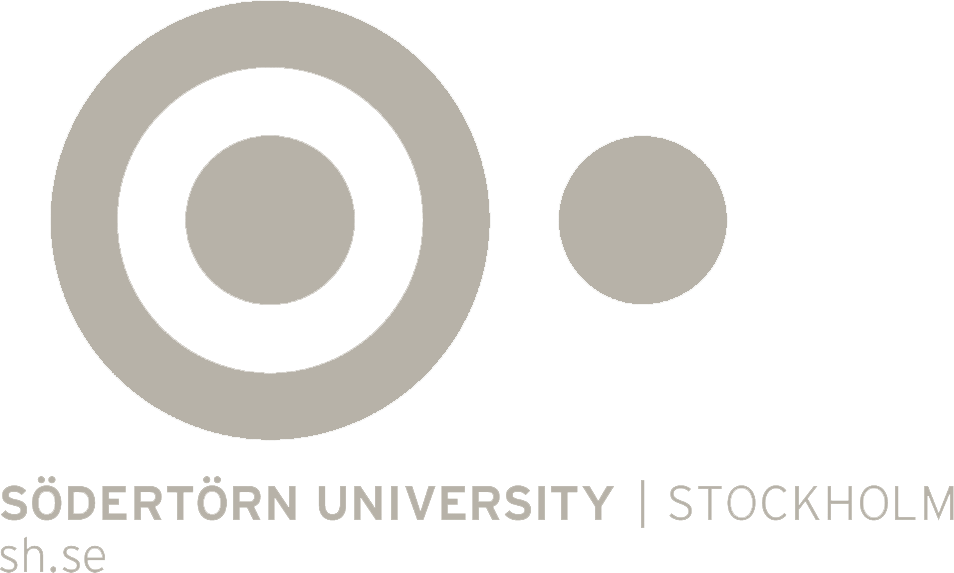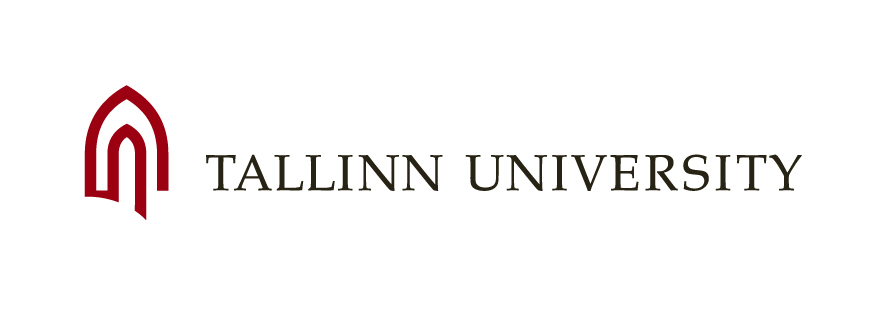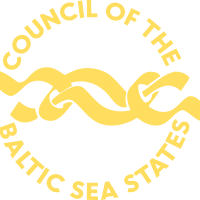Balticness
what is it?
laboratory of identity
cultural
heritage
cultural
exchange
historical
heritage
future
region
THE MAIN AIM OF PROJECT
Youth and future generation involvement becomes a more and more prominent issue for the Baltic Sea Region politics, development and identity. In response to this challenge the Young People Network for Balticness (YoPeNET) aims at establishing long-term cooperation among partners in the Baltic Sea region, with the purpose of educating and supporting the voice of young people in the critical dialogue concerning history, cultural heritage, regional identity and the future of the Baltic Sea Region.
PROJECT FUNDED THROUGH PROJECT SUPPORT FACILITY (PSF) OF THE COUNCIL OF THE BALTIC SEA STATES.
EDUCATION
platform
First, the YoPeNET project aims at establishing long-term cooperation among partners in the region, with the purpose of educating and supporting the voice of young people in a critical dialogue on the cultural memory and historical heritage as components of BSR identity. In order to achieve this goal, the project consortium will innovate and expand on the existing regional summer school formats through inclouding participation of secondary and tertiary level students
communication platform
The YoPeNET gives a chance for communication and exchange with the broadest possible involvement of the young people, like webinars, on-line and on-site meetings. Particular attention is paid to designing a strategy for continual summer school series for the secondary and tertiary level students, with an aim to build both virtual and real spaces for education and peer-to-peer learning activities.
Resources
The YoPeNET has generated and continues to generate knowledge and discussions about the Baltic Sea region, its politics, history and identity.
Be sure to visit the theme page on the Baltic Sea region on nordics.info, where you can find resources on the past and current issues in the region – texts, podcasts and videos resulting from the project.
Summer University 2023
The CBSS Summer University 2023 on “Strategic Narratives of Balticness” took place on 16-25 September 2023 in Gdańsk.
Read the programme here.
See a video account from the Summer University below.
Summer University 2024
The CBSS Summer University 2024 “Balticness in Transition: Exploring Identity and Resilience in the Baltic Sea region” took place on
15-21 July 2024 in Tallinn.
Read the programme here.
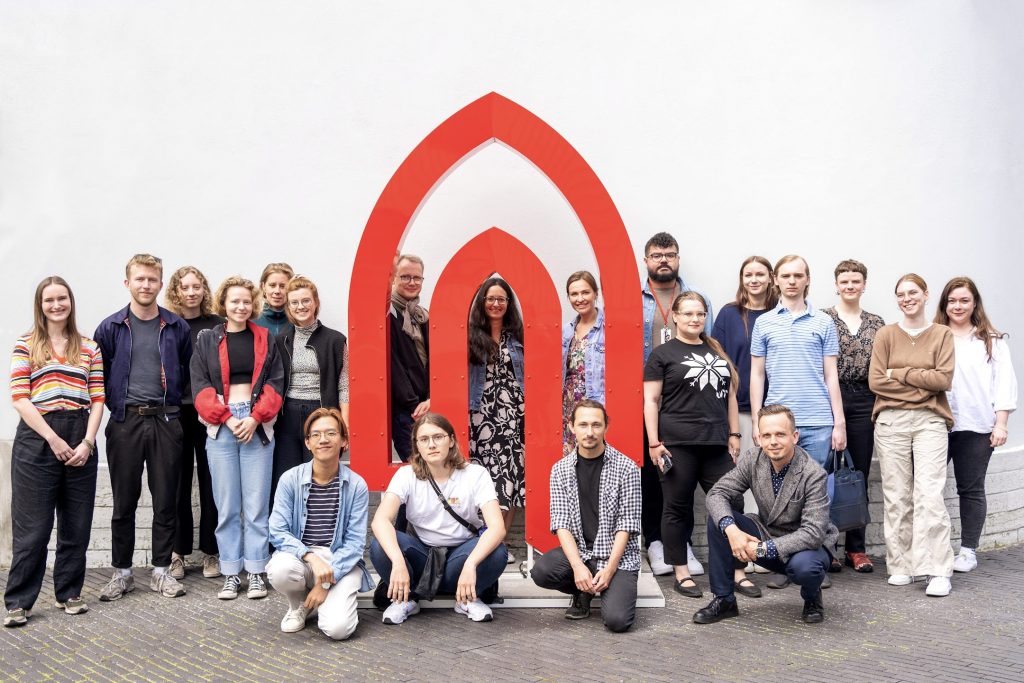
BALTICNESS
After 1989, the Baltic Sea region (BSR) became a space for the reconfiguration of national identities in an increasingly transnational setting. More than in previous decades it has become a kind of a contact zone and sometimes is conceived of as a laboratory for the postnational forging of identities (Olesen 2012). However, the past of the area is perhaps most concisely encapsulated in the observation that “throughout history, the Baltic has been a sea of conflicts and dividing lines” (Stråth 2000: 199). This has a long-lasting bearing on the cultural memories in the region nurtured by peoples and states in the Baltic Sea area. The situation has made it utterly difficult to conceive of a common identification framework – Balticness – that could become a regional marker of identity in the future.
our
partners
Partnership constellation.
The partnership enables to bridge the East-West gap among the young people through dialogue with partners in Denmark, Estonia, Germany, Sweden and Poland. All partners have experience with intergenerational dialogue between secondary and tertiary level students.
General
Inquiries
Project Coordinator :
Dr. Marta Grzechnik
marta.grzechnik@ug.edu.pl
